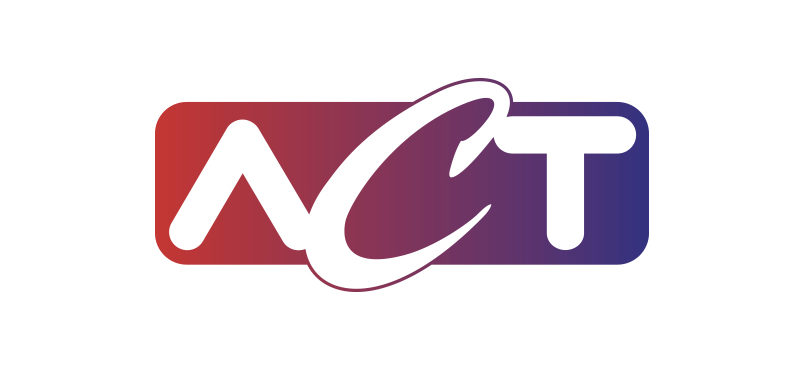
January 25th, 2022 |

By David Bullock
We all know that the Moon is a desolate place. Especially in areas that get varying temperatures of light from the Sun, that will require complex thermal control systems for both inhabitants and equipment that will reside there.
Advanced Cooling Technologies (ACT) won a $5 million NASA Award to make thermal control solutions that would enable vehicles and other lunar equipment to function in extreme Moon environments, such as the lunar south pole, without an active power source. ACT is based in Lancaster, Pennsylvania and is plans to provide heat transport, radiators, and other systems for lunar landers, rovers, and habitats.
While the other new space companies in the commercial space industry have focused on launch vehicles and satellites, especially smallsats, few companies have been focusing their attention to life support system technology. The work done by ACT and other life support system technology will help humans get into space and beyond Earth. The Beyond Earth Institute is looking closely at this technology which promotes our vision, because eventually there is policy that will follow the technology after it is used.
All spacecraft that have taken in humans, since Yuri Gagarin’s flight with the Soviet Union, have had to consider life support system technology. It has evolved over the years, of course, and the International Space Station is a great testament in the way it supports its large crews of astronauts and cosmonauts circling in low Earth orbit. Life support systems are critical considerations for the commercial crewed flights of SpaceX, Virgin Galactic, and Blue Origin.
An excerpt from The Legal Information Institute says as part of the Code of Federal Regulations (CRF), 14 CFR § 460.11 – Environmental control and life support systems.:
“An operator must provide atmospheric conditions adequate to sustain life and consciousness for all inhabited areas within a vehicle. The operator or flight crew must monitor and control the following atmospheric conditions in the inhabited areas or demonstrate through the license or permit process that an alternate means provides an equivalent level of safety.”
This Federal Aviation Administration (FAA) regulation is for all human spaceflights in the US commercial space industry. It is only the beginning of what policy is entailed for the future of fostering life outside our home planet.
David Bullock is the VP of Project Management at the Beyond Earth Institute. He is the author of the book, 2008-2018: A NewSpace Primer, and the children’s book, What is up in Space?